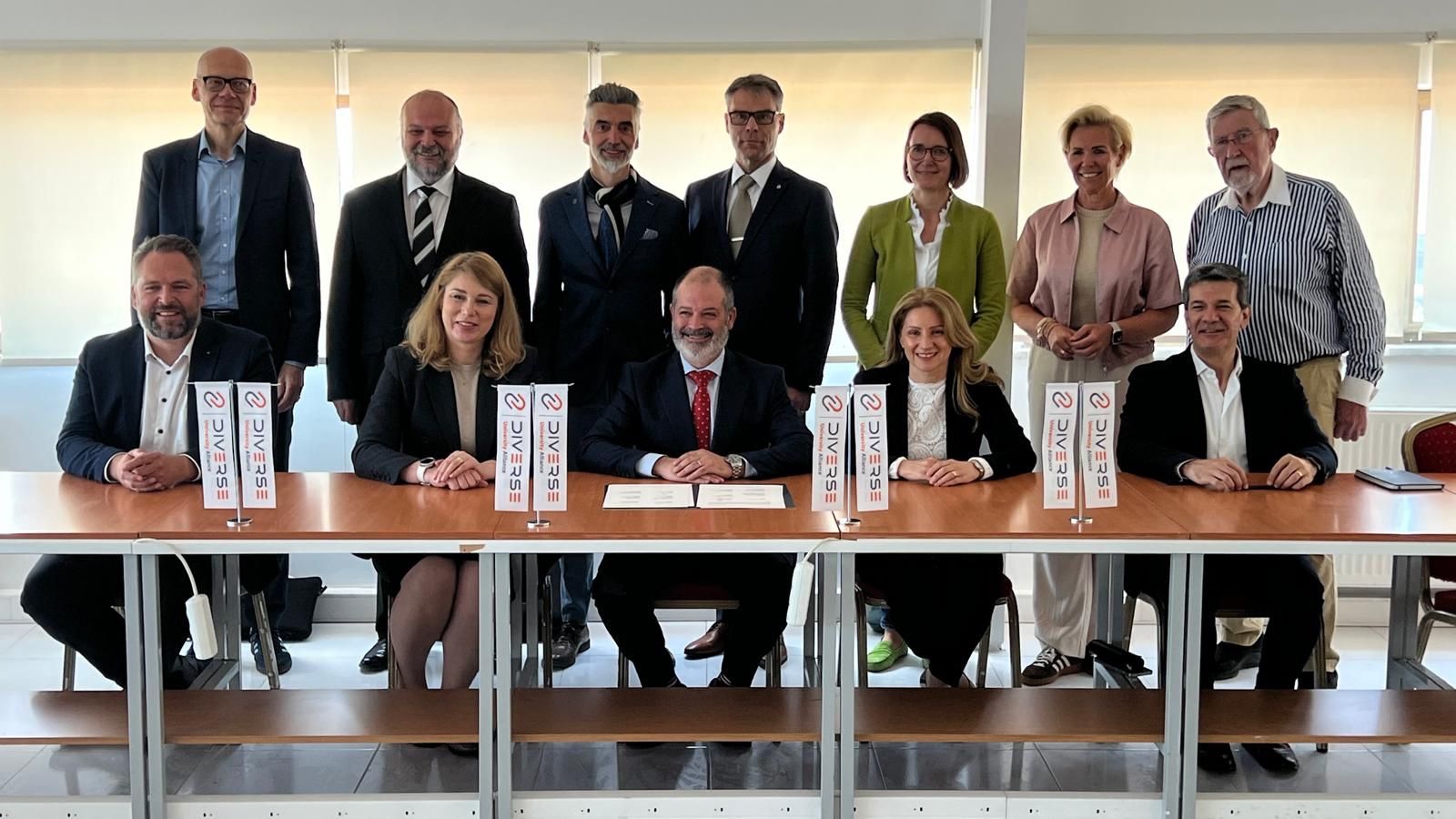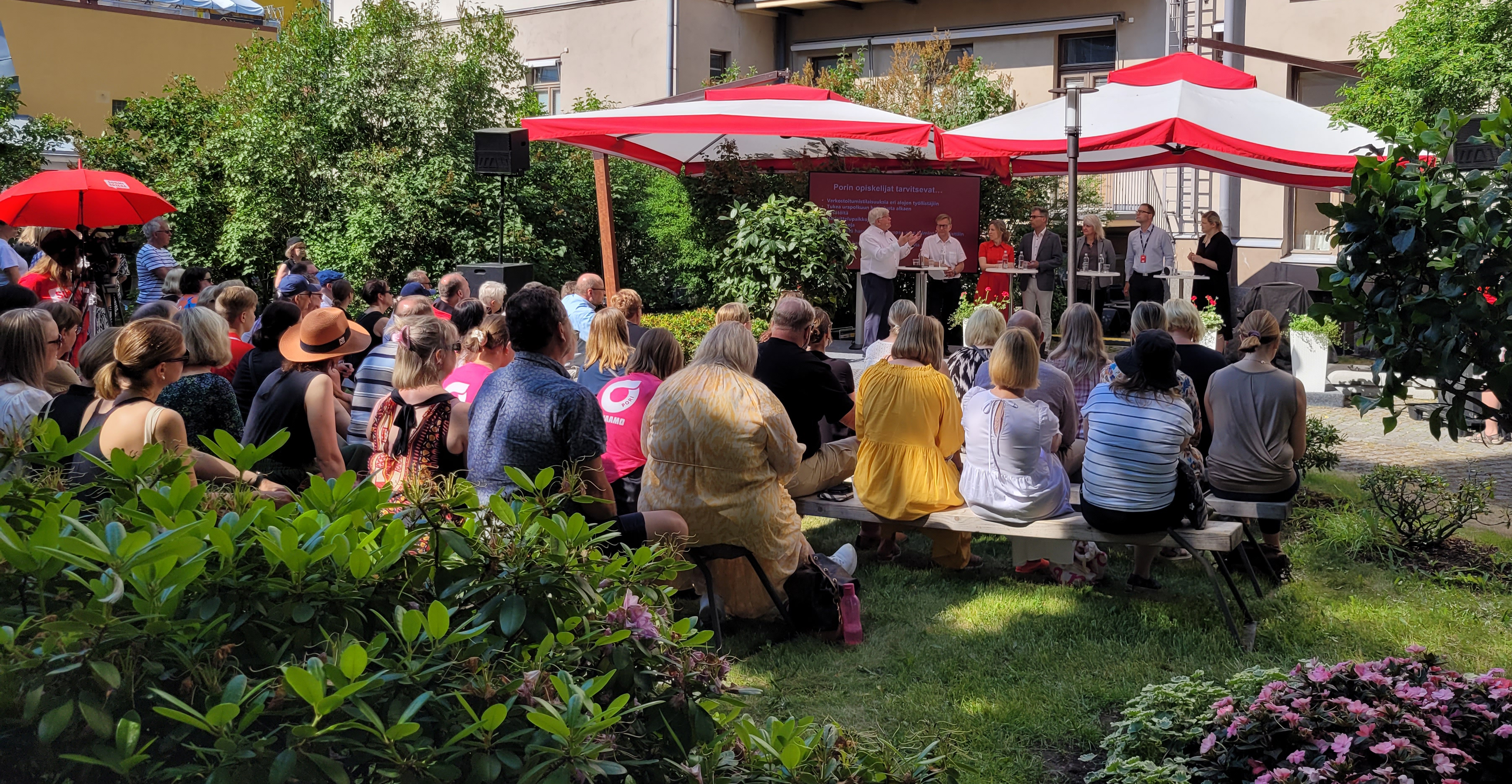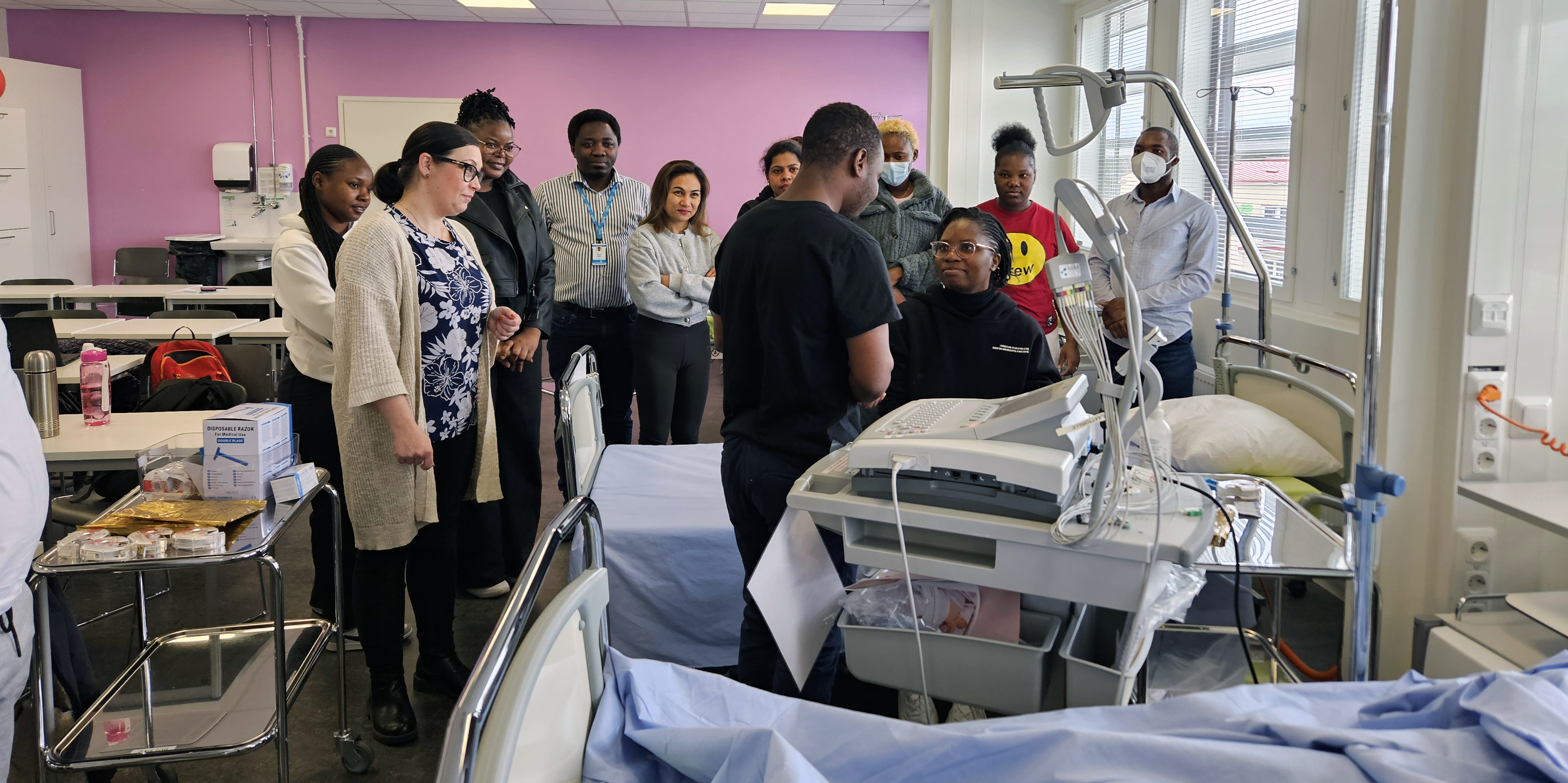Curriculum reform work being carried out from the perspective of sustainable development
Curriculum reform is underway at SAMK. The reform work is carried out based on the principles of sustainable development. The idea is to consider at each degree program and course how sustainable development relates to the field and the course in question.

According to Jaana Halme, the curriculum reform work has gone well.
Sustainable development has been brought to the forefront of curriculum reform right now for two reasons. The Rectors’ Conference of Finnish Universities of Applied Sciences has updated competencies in the degrees of universities of applied sciences which highlight the themes of sustainable development, proactive development, internationality and multiculturalism. Here, competence refers to the competence produced by a degree. Finland is also committed to the UN Sustainable Development Goals.
– We must guarantee open, equal and high-quality education and lifelong learning opportunities for all students, says Jaana Halme, coordinator of supervision and curriculum work.
– In practice, we demonstrate in the competence goals and content descriptions of the courses how our students are prepared to work internationally and face multiculturalism, for example. These themes are dictated in the curricula, she continues.
Reform work is well under way, preparations for which have already begun last spring.
– Equality and ethics are of paramount importance in our education. We develop our activities, for example, so that the evaluation criteria for a course are the same regardless of the way in which the course is completed. That is an important reform. The design of curricula also takes into account that they are financially sustainable, Halme explains.
Room for individual development
The idea of the curriculum reform is to stop and think at every single degree program and course about how sustainable development relates to the field and the course in question; for example in the case of sustainable marketing or sustainable construction.
-This is important when considering the carbon footprint and handprint and, from that perspective, the future of sustainable working life. On the other hand, the intention is not to produce completely identical competence for everyone, but the degree must also leave room for a student’s choices and thus for the individual development of his or her own competence, Halme explains.
In addition, the regular career monitoring survey in universities of applied sciences has raised issues that need to be taken into account in the reform work. For example, generic or transferrable skills should be clearly included in the goals, content and assessment of a student’s studies.
– Career monitoring survey raises skills such as problem solving, communication and stress tolerance. This reform also seeks to open up the learning of those skills. In addition to the joint competencies of Arene universities of applied sciences, the curriculum reform is framed by the joint Digivision 2030 project and the Government’s Sustainability Roadmap.
Read more about Arene’s policies Read more about the Government’s sustainability roadmap


